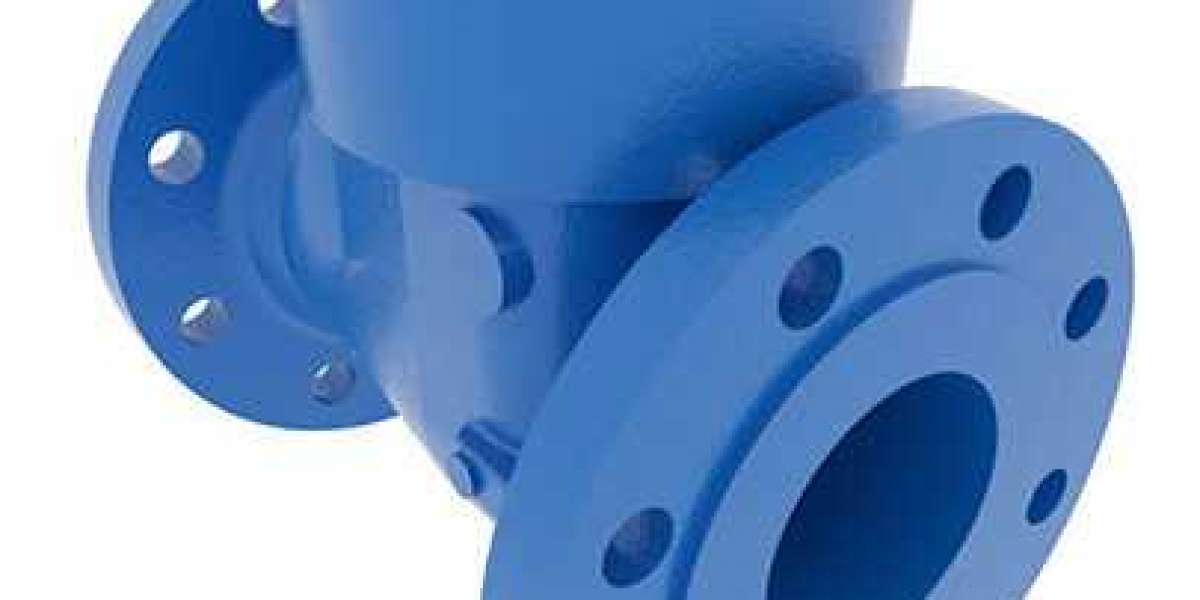The world of maritime operations relies on precision and safety. Every component on a ship must perform reliably to ensure the smooth voyage of vessels across the open seas. One such critical component is the check valve. In this article, we will explore the importance of check valves for ships, their various applications, and why they are indispensable in maritime engineering.
Understanding Check Valves
Check valves, also known as non-return or one-way valves, are designed to allow fluid flow in one direction while preventing reverse flow. They play a crucial role in maintaining the integrity of pipelines, systems, and equipment on ships. Here are some key aspects of check valves for ships:
- Preventing Backflow: Check valves are primarily used to prevent the reverse flow of fluids, such as water, oil, or gases, which is essential for maintaining the efficiency and safety of various ship systems.
- Reliable Performance: Check valves are passive devices, meaning they do not require external power to operate. They rely on the pressure of the fluid itself to open or close, ensuring reliability even in challenging maritime conditions.
- Various Configurations: Check valves come in various designs, including swing check valves, lift check valves, and spring-loaded check valves, each suited to specific applications on ships.
Applications of Check Valves on Ships
Check valves find extensive use on ships due to their ability to prevent backflow and maintain system integrity. Here are some key applications:
- Bilge Systems: Check valves are crucial in bilge systems to prevent seawater from flowing back into the ship. This helps maintain buoyancy and prevents flooding.
- Engine Cooling: In engine cooling systems, check valves ensure that coolant flows in the desired direction, preventing overheating and engine damage.
- Fuel Systems: Check valves are used to control the flow of fuel within the ship's engines, ensuring efficient combustion and preventing fuel leaks.
- Ballast Systems: Check valves help control the ballast water intake and discharge, contributing to the stability and balance of the vessel.
- Fire Suppression Systems: Check valves are essential in fire suppression systems to ensure that water or fire-suppressing agents flow only in the event of a fire.
The Reliability of Check Valves at Sea
The maritime environment is harsh and demanding, with vessels encountering rough seas, extreme temperatures, and corrosive saltwater. For this reason, check valves used on ships must be exceptionally durable and corrosion-resistant. High-quality materials, such as stainless steel and bronze, are often employed to ensure longevity and reliability.
Choosing the Right Check Valves
Selecting the appropriate check valves for a ship's systems is crucial for safety and efficiency. When considering check valves for maritime applications, take into account factors like:
- Material Compatibility: Ensure that the materials used in the check valves are suitable for the type of fluid they will be handling.
- Size and Flow Rate: Match the size and flow capacity of the check valve to the specific requirements of the system.
- Certifications: Look for check valves that meet industry standards and certifications to guarantee their performance and reliability.
Conclusion-
Check valves are unsung heroes in the maritime industry, silently ensuring the safety and efficiency of ships. They play a vital role in preventing backflow, maintaining system integrity, and ensuring smooth operations on the open seas. When it comes to the reliability and safety of your vessels, trust in the importance of check valves for ships.








